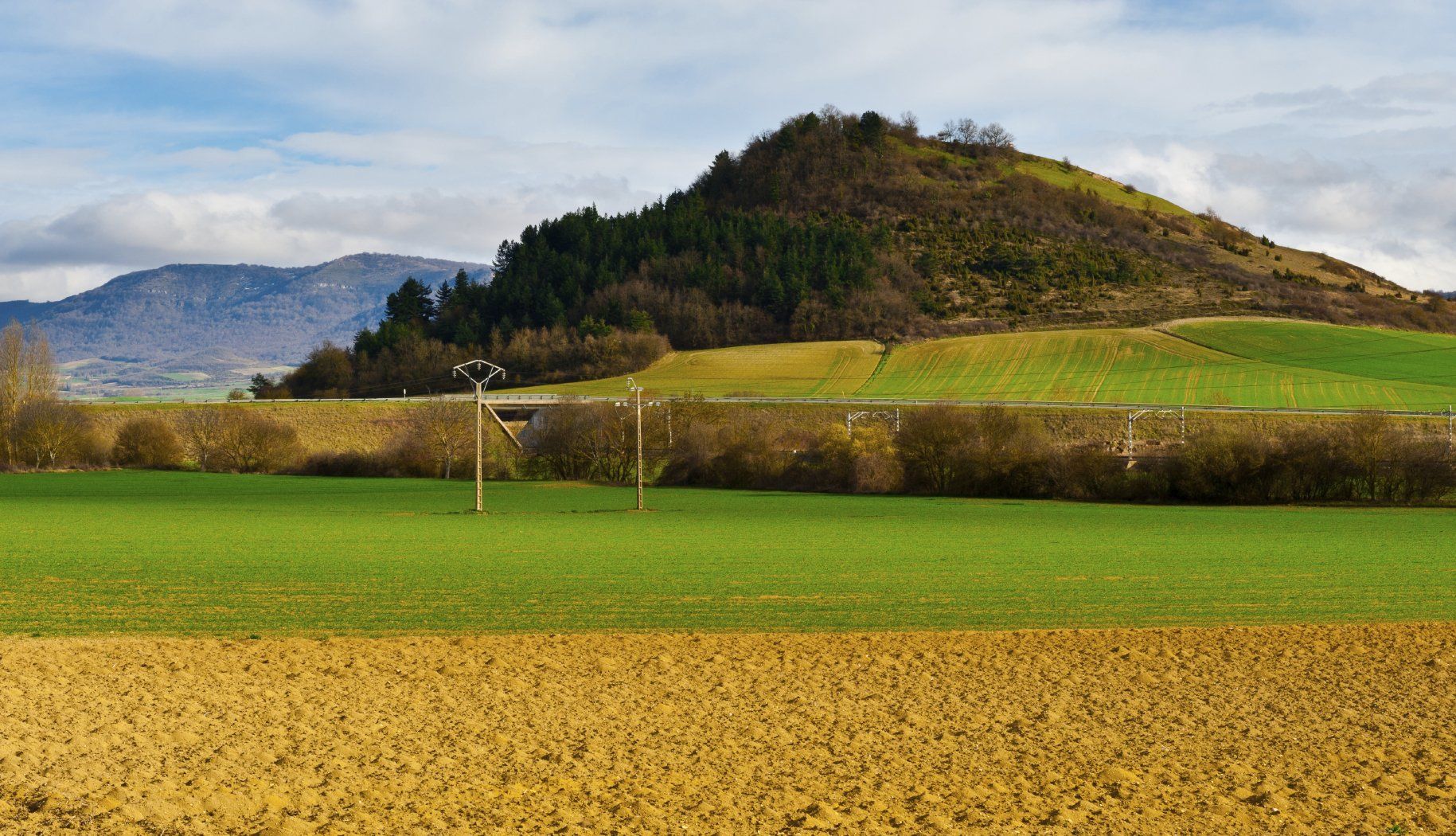Inspiring Eden Award

As part of a long-term plan for housing, the Prime Minister and Secretary of State for Levelling Up, Housing and Communities have recently committed to a new era of regeneration, inner-city densification, and housing delivery across England. This includes the reuse of existing buildings and spaces for new purposes, and redeveloping brownfield sites. This brings with it challenges in terms of impacts to cultural heritage and archaeology in the form of listed buildings and historic sites within our urban centres and townscapes.
Heritage Statements and Impact Assessments can help to negotiate the constraints of archaeology both below and above the ground. Eden Heritage Ltd has expertise in both urban and rural environments and can assist in meeting planning requirements relating to cultural heritage. We have recently provided support to urban developments in Carlisle, Lancaster, and Newcastle, in addition to rural developments across Cumbria and the North of England. Please get in touch for a free quotation if we can assist with your planning application or development.

Eden Heritage now occupies the ground floor office of the White House, one of the grandest houses of Appleby-in-Westmorland, located in the heart of the former County Town of Westmorland. The White House is an imposing 18th century Gothic style three-storey house and is a Grade II* listed building. It is unlike any other town house, with whitewashed elevations of multiple depressed ogee-headed windows and tracery, with a similarly styled main entrance. The history of the building is equally interesting and was once home to one of Appleby’s most notorious historical figures.
The building occupies a single medieval burgage, running from the main street of Boroughgate eastwards to the River Eden, and it is depicted on plans of Appleby-in-Westmorland dating from 1754. In the same year the building was re-built by John Robinson, steward of the Lowther Estate, to make it ‘fit for a Gentleman’s family’. After moving into the White House, John Robinson gradually gained more influence in Appleby’s affairs, becoming mayor in 1760, MP for Westmorland in 1764, and in 1770 John was appointed Secretary to the Treasury. However, as an MP John Robinson was accused of bribing electors, and his accuser, unable to name him directly in Parliament, said “I could name him as soon as I could say Jack Robinson” popularising to the well-known saying.
Following Mr Robinson’s departure in 1780 The White House was maintained by the Earls of Thanet and the Hothfield Family, being occupied by their agents in the North. By this time the property had expanded to incorporate three of the original medieval town burgages with garden terraces and summerhouses overlooking the river and bowling green. In 1903 the building became the home of Dr Andrew Sprott, a respected physician who opened a consulting room in the ground floor office (now home to Eden Heritage). When the Hothfield Estate was eventually broken up in the 1950’s, Dr Peter Delap took possession and ran his practice from the house, while Dr Sprott's daughter Molley ran the Brownies from two of the summerhouses to the rear of the property. There was no waiting room for the surgery; the wide entrance hall served this purpose. This was frequently overcrowded, with people sitting all the way up the hall stairs.
The White House was sold privately in the 1980s and was subsequently divided into flats and offices, but it continues to be a dominant landmark building in the centre of the town, being the tallest of the Appleby houses. Eden Heritage is pleased to be able to help write the next chapter of the building’s history and propose to open to the public as part of the Heritage Open Days festival.
NB: The print of The White House is by the artist Chris Mouncey and is available with other works at The Courtyard Galley, Appleby






